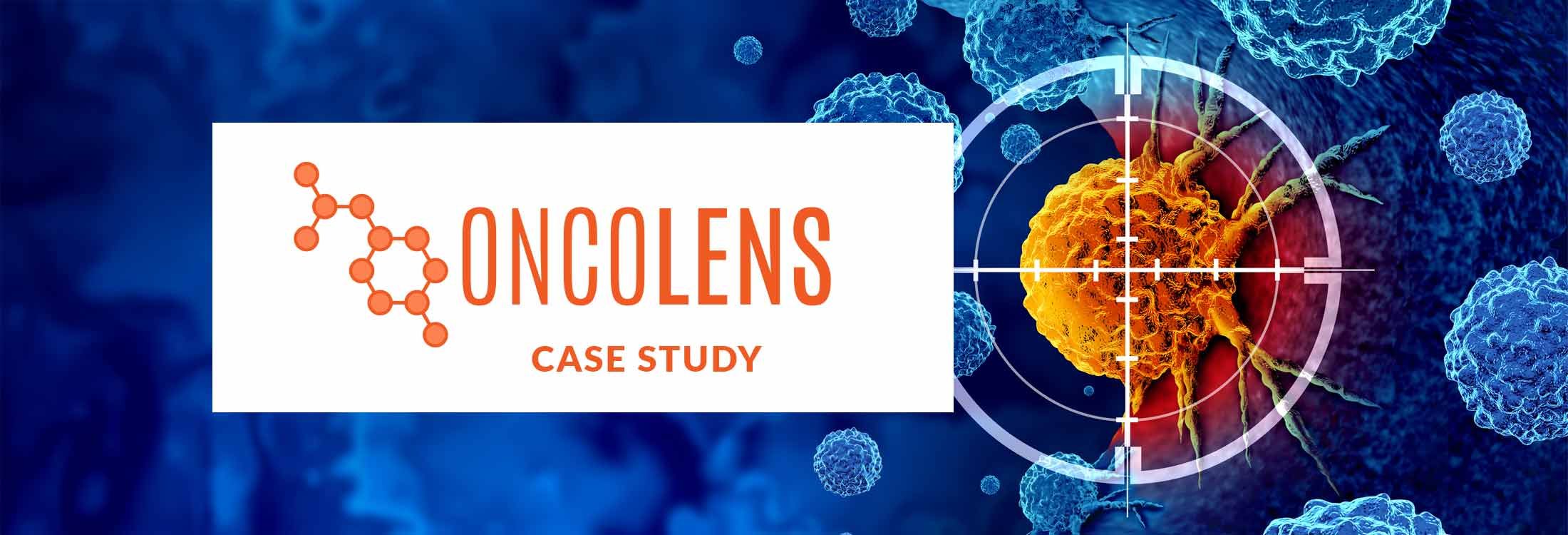OncoLens ESMO 2019 Highlights — Breast Cancer

The European Society for Medical Oncology( ESMO) held its annual meeting in Barcelona Spain between 27th September and 1st October 2019. We highlight three potentially practice changing Breast Cancer trials presented at this conference.
1. BROCADE 3 trial
This was a Phase 3 Randomized, Placebo-Controlled Trial of Carboplatin and Paclitaxel With or Without the PARP Inhibitor Veliparib (ABT-888) in HER2 Negative Metastatic or Locally Advanced Unresectable BRCA-Associated Breast Cancer. All patients had germline BRCA1/2 mutations and had previously received two or fewer lines of cytotoxic therapy for metastatic breast cancer. 48% of patients had estrogen receptor–negative/progesterone receptor–negative disease.
All-grade adverse events included neutropenia in 91% of patients in both arms, thrombocytopenia in 82% vs 72%, anemia in 81% vs 70%, and nausea and vomiting in 75% vs 68% of patients in the veliparib/chemotherapy vs placebo/chemotherapy arms, respectively. The most common study drug-related grade 3 and greater adverse events occurring in ? 20% of patients in the respective arms were anemia (27% vs 17%), neutropenia (52% vs 50%), and thrombocytopenia (25% vs 15%).
The study concluded that these findings demonstrated a significant improvement in PFS with veliparib plus carboplatin/paclitaxel over placebo plus carboplatin/paclitaxel. With veliparib, patients showed a durable benefit compared to the control group, with 26% of patients treated with veliparib remaining alive and progression-free at 3 years compared to just 11% of patients receiving placebo/chemotherapy.
2. KATE2 trial
This was a Study to Evaluate the Efficacy and Safety of Trastuzumab Emtansine in Combination With Atezolizumab or Atezolizumab-Placebo in Participants With Human Epidermal Growth Factor-2 (HER2) Positive Locally Advanced or Metastatic Breast Cancer (BC) Who Received Prior Trastuzumab and Taxane Based Therapy
This study did not meet its primary end point of Progression Free Survival in the ITT population. The PDL1 positive subset however had a PFS benefit almost doubling with a hazard ratio of 0.6. Thus, the findings should be considered hypothesis-generating, and joins other studies demonstrating that immune blockade has benefit in a subset of patients.
3. KEYNOTE-522
This was a Study of Pembrolizumab (MK-3475) Plus Chemotherapy vs Placebo Plus Chemotherapy as Neoadjuvant Therapy and Pembrolizumab vs Placebo as Adjuvant Therapy in Participants With Triple Negative Breast Cancer.
Neoadjuvant treatment with the combination of pembrolizumab (Keytruda) and chemotherapy extended pathological complete response (pCR) rates by 13.6 percentage points (CI, 5.4-21.8) compared with chemotherapy alone for patients with early triple-negative breast cancer (TNBC).
Additionally, following neoadjuvant therapy and surgery, patients in the pembrolizumab arm went on to receive adjuvant pembrolizumab, which was compared with a matched placebo arm. After a median of 15.2 months of follow-up, the event-free survival (EFS) rate with pembrolizumab was 91.3% compared with 85.3% for placebo; however, this benefit was not yet statistically significant (HR, 0.63; 95% CI, 0.43-0.93). This combination of immunotherapy plus chemotherapy for early triple-negative breast cancer may soon emerge as a standard of care for early triple-negative breast cancer.



